We Pass Prop Trading Challenges with No Risk
Why keep your money in bank when you can grow it exponentially
Up to 80% profit share upon completion of prop trading challenges.
Pay us our fee after we pass your prop trading challenge.
Security of Funds
Low Management Fee
Forex92 is a reliable fund management company that can assist you in passing your forex proprietary trading challenges of all prop trading firms. Our fees are invoiced only after the successful completion of your proprietary trading challenge, so you do not bear additional risk. To receive more information about our proprietary trading service, including the exact fee, please contact us via WhatsApp.
HOW TO GET STARTED?
Pass Your Prop Trading Challenge with Forex92
1) Set up a prop trading account with any company.
Set up a prop trading account with any prop firm. You can contact us on WhatsApp for our recommendations on good prop trading companies.
2) Share your mt4 credentials with forex92.
After setting up your prop trading account, all you need is to share your MT4 credentials with Forex92 and we'll start managing your account right away.
3) Pay our fee
After we pass your prop trading challange successfully, you are requested to pay us a predetermined fee using any suitable payment method such as Bank, Skrill, PayPal, Western Union etc.
What is a Forex Proprietary Trading Firm?
A Forex Proprietary Trading Firm, commonly referred to as a “prop firm,” is a specialized financial institution that allocates its own capital for trading activities in various financial markets, notably the foreign exchange (forex) market. Unlike traditional brokerage firms that facilitate trades for clients, prop firms use their own funds to engage in trading, with the primary objective of generating profits.
Key Components:
Capital Allocation: Prop firms invest their own capital, providing their traders with significant leverage. This means that traders have access to larger sums of money than they could trade with independently, thus allowing for potentially greater profits.
Risk Management:
Proprietary trading firms invest heavily in risk management tools and strategies to protect their capital. They use a range of analytical tools, risk-assessment algorithms, and financial models to mitigate losses.
Talent Pool:
Prop firms usually employ skilled and experienced traders. In some cases, they also hire novice traders and invest in their training.
Training & Support
Many prop firms offer comprehensive training programs to equip traders with the skills they need to succeed. These programs can range from introductory courses to complex trading strategies and are often complemented by real-time coaching.
Profit Sharing:
Traders are typically compensated based on their performance. The most common arrangement is a profit-sharing model, where traders receive a percentage of the profits they generate. This aligns the trader's goals with that of the firm, encouraging optimal performance.
Technology:
Prop firms often have access to advanced trading platforms, algorithms, and other technological tools that individual traders might not be able to afford. These tools can provide a significant advantage in the highly competitive forex market.
Market Research:
Access to real-time data, analytics, and market research is another perk that traders working with prop firms enjoy. This can be crucial for making informed trading decisions.
Regulatory Compliance:
Prop firms are subject to a range of financial regulations to ensure they maintain a high level of integrity and transparency. This adds an extra layer of security for the traders working under them.
Flexibility:
Some prop firms allow traders to work from anywhere, offering remote trading opportunities. This flexibility can be a significant benefit for traders who prefer a non-traditional work environment.
Community:
Last but not least, working with a prop firm often means being part of a community of traders. This can provide invaluable opportunities for networking, mentorship, and skill development.
By trading with a Forex Proprietary Trading Firm, traders can enjoy numerous benefits such as increased capital, sophisticated trading tools, and expert guidance, all aimed at helping them achieve profitable outcomes. Certainly, let’s delve into the intricacies of how Forex Proprietary Trading Firms operate in a more detailed manner:
How Do Forex Prop Firms Work?
Forex Proprietary Trading Firms, often simply referred to as Forex prop firms, operate on a unique business model that distinguishes them from traditional forex brokers. The firms provide both the capital and the technological infrastructure needed to trade effectively in the forex market. Let’s break down the key components of how they work:
Provision of Capital
One of the primary roles of a Forex prop firm is to allocate its own capital to its traders. This arrangement allows traders to manage far larger positions than they could with their own money. The capital allocation is often tiered, meaning that traders who demonstrate consistent success may be entrusted with increasing amounts of the firm's capital.
Technological Support
Prop firms often furnish traders with state-of-the-art trading platforms, software, and analytical tools. This technological backing can provide traders with real-time data and advanced charting capabilities, thereby empowering them to make more informed trading decisions.
Compensation & Profit-Sharing
Managed forex accounts can serve as an excellent addition to a diversified investment portfolio, helping to spread risk Traders are usually incentivized by a profit-sharing scheme, where they receive a percentage of the profits they generate. This model creates a win-win situation, aligning the financial interests of both the firm and the trader. The exact percentage can vary and may depend on performance metrics or milestones. different asset classes.
Trading Strategies & Risk Management
Forex prop firms are very particular about risk management. Traders are usually required to adhere to specific trading strategies and guidelines that are designed to mitigate risk. These could include stop-loss limits, position sizing rules, or even restrictions on trading certain currency pairs.
Performance Monitoring
The firm closely monitors each trader's performance using various metrics like drawdown, return on investment, and risk-to-reward ratio. Performance reviews may be conducted periodically to adjust capital allocation or even revise trading strategies.
Operational Costs & Revenue
The firm's operational costs include not just the capital allocated to traders but also technological expenses, administrative costs, and any training programs for new traders. The revenue comes primarily from the profits generated by traders. The business model is essentially built on the conviction that the cumulative profits from multiple traders will outweigh these operational costs.
Training & Development
Many prop firms offer intensive training programs for new recruits, covering everything from the basics of forex trading to complex strategies and risk management techniques. Experienced traders within the firm often act as mentors, offering insights and tips to help newcomers improve their trading skills.
Compliance & Regulation
Forex prop firms must adhere to a host of financial regulations to maintain transparency and ethical conduct. This regulatory oversight ensures that traders work in a secure and fair environment, adding an extra layer of confidence in the firm's operations.
Community & Networking
Traders at a prop firm often find themselves part of a community, and the value of this should not be underestimated. Regular meetups, seminars, and online forums provide a platform for traders to share insights, strategies, and lessons, enriching each other's trading experience. In summary, Forex prop firms create an environment where traders can focus solely on trading, armed with the capital, tools, and support needed to be successful. The firm, in turn, benefits from having a diversified portfolio managed by multiple traders, which is expected to generate profits that exceed the firm's operational costs.
How Do Prop Traders Make Money Using Proprietary Trading Firms?
Proprietary traders, or “prop traders,” generate income by utilizing the capital and resources provided by proprietary trading firms to execute trades in financial markets like forex. The mechanisms by which they earn money are multi-faceted, encompassing not just trading strategies but also compensation models, risk management, and access to advanced resources. Here’s an in-depth look:

Profit-Sharing Arrangements
One of the main avenues for earnings is the profit-sharing model, which is essentially a revenue-split agreement between the trader and the trading firm. Different firms offer varying percentages, but a common ratio might be 70:30, where the trader keeps 70% of the profits generated and the firm retains 30%.

Base Salary, Bonuses, and Benefits
In addition to profit-sharing, some firms offer a base salary to provide a financial safety net for traders. Bonuses may be granted for exceptional performance or for hitting certain trading milestones. Health and retirement benefits might also be included, though these are generally more common in larger, institutional settings.

Performance Metrics
Since the trader’s earnings are closely tied to their trading performance, the emphasis is on maximizing profitability while minimizing risk. Prop traders often employ a variety of strategies, from scalping and day trading to swing trading and position trading, depending on their expertise and the firm’s trading mandate.

Risk Management
Financial rewards are closely linked to effective risk management. Prop traders must adhere to stringent risk management guidelines set by the firm, which might include limitations on trade sizes, maximum drawdown rules, or even restrictions on certain high-risk trading activities.

Training and Development
Most prop firms invest in the continuous learning and development of their traders. These could range from formal training programs to one-on-one mentorship with seasoned traders. This upskilling not only enhances the trader’s capacity to generate profits but also indirectly contributes to their earnings potential.

Technological Edge
Prop traders have access to institutional-level trading platforms, data feeds, and analytical tools, courtesy of the prop firm. These sophisticated tools can offer a decisive edge in executing trades, developing strategies, and conducting market analysis.

Market Data and
Research
Access to timely and accurate market data is crucial for making informed trading decisions. Prop firms often have subscriptions to premium market research, news feeds, and data analytics services, enabling traders to capitalize on market opportunities more effectively.

Psychological and Emotional Support
Trading can be stressful, affecting one’s decision-making abilities. Many prop firms offer psychological support and coping mechanisms to help traders manage stress and emotions, which in turn can improve their performance and earnings.

Network and Collaboration
Working at a prop firm often exposes traders to a network of like-minded professionals. This community can provide collaborative opportunities, where traders can share strategies, insights, and tips, thereby potentially boosting individual profitability.
In summary, prop traders make money by skillfully leveraging the capital, technology, and support provided by the proprietary trading firm. Their compensation is most often tied to the performance of their trades, which aligns their interests closely with that of the firm. Additionally, the comprehensive support system, from state-of-the-art technology to mentorship and market research, equips traders with all the necessary tools to maximize their earning potential.
What to Consider When Trading with Proprietary Trading Firms
When it comes to partnering with proprietary trading firms, particularly in the complex and fast-paced forex market, due diligence is crucial. Traders must critically assess a range of elements to secure a successful trading journey. Here is an in-depth look at what to consider:
Reputation and Track Record
Longevity
How long has the firm been in
operation? A long-standing
operation often indicates
business stability.
Client Testimonials
and Reviews
What do other traders say
about their experience with the
firm?Look for reviews that talk
specifically about profitability,
support, and the reliability
of the trading platform.
Industry
Recognition
Has the firm received any
awards or recognitions? This can
be a good indicator of
excellence and credibility.
Risk Management

Policies and Guidelines
Does the firm have a clear set of risk management guidelines, including stop-loss and take-profit levels?
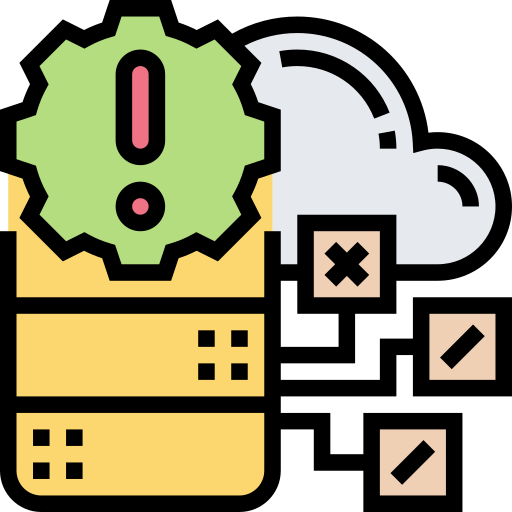
Alignment with Personal Tolerance
Are you comfortable with the firm's risk parameters, or do they conflict with your own risk tolerance?

Policies and Guidelines
How frequently does the firm monitor trading activities? Regular monitoring can help manage risk effectively.
Training and Support

Training Programs
Does the firm offer any training modules or educational content to sharpen your trading skills?

Mentorship
A good firm often provides mentorship opportunities where seasoned traders help guide newcomers.

Market Data and Research
Verify if the firm offers access to up-to-date market data, analysis, and economic calendars that can inform your trades.
Performance Requirements
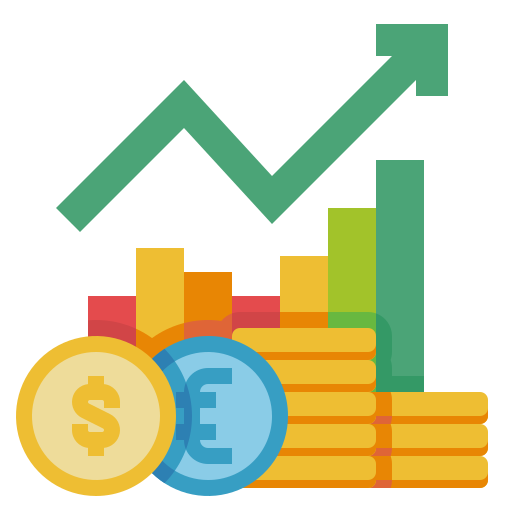
Minimum Trading Volume
Some firms may have requirements for a minimum number of trades within a specified timeframe.

Profitability Targets
Are there any specific profit milestones you must achieve to continue trading with the firm's capital?

Performance Review
How often does the firm review trader performance? What criteria do they use?
Legal and Regulatory Compliance
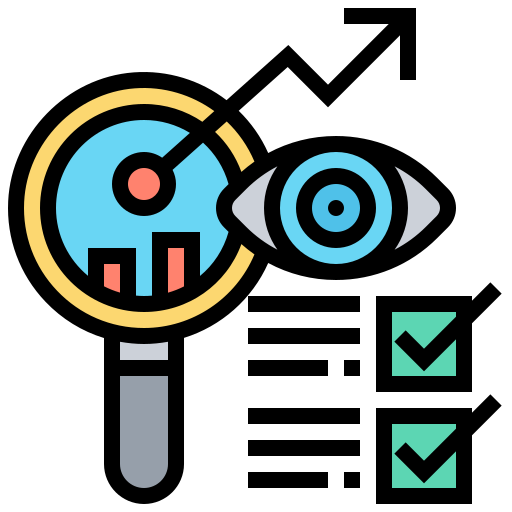
Regulatory Oversight
Confirm that the firm is regulated by reputable financial bodies. This ensures transparency and reliability.
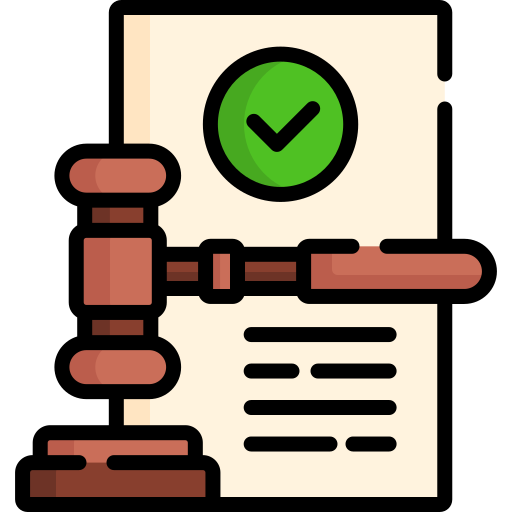
Legal Agreements
Be sure to read any contracts or agreements carefully. Pay close attention to clauses related to profit-sharing, loss liability, and dispute resolution.
Withdrawal Policies
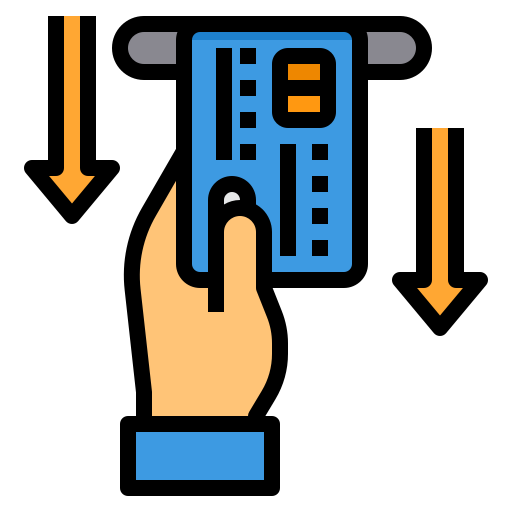
Withdrawal Policies
What are the firm’s policies on profit withdrawal? Are there any conditions or fees attached?

Timeframes
How long does it usually take for withdrawal requests to be processed?
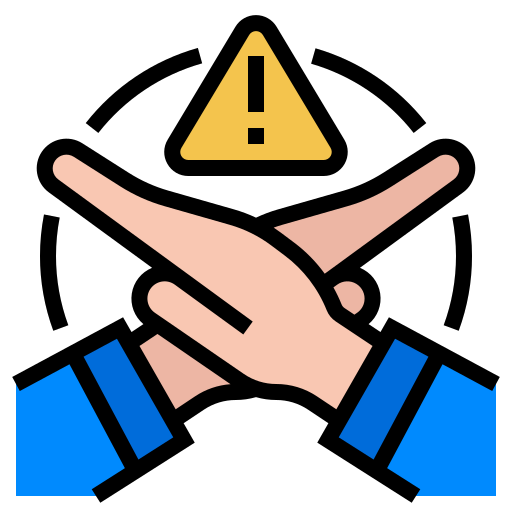
Restrictions
Are there any limitations on how much you can withdraw and how frequently?
By meticulously considering these factors, you’ll be better positioned to select a proprietary trading firm that not only aligns with your trading goals but also equips you with the necessary tools and support to be successful. Proper due diligence can spell the difference between a rewarding trading career and a series of disappointing setbacks.
What Are the Risks Involved with a Proprietary Firm?
Embarking on a career with a proprietary trading firm can be rewarding but not without its set of risks. While these firms offer an array of resources and opportunities to generate substantial profits, traders must understand the potential downsides. Here’s a detailed analysis:

Financial Stability of the Firm
Since proprietary firms are counterparties in trades executed by their traders, financial stability is paramount. A distressed firm may not meet its obligations, affecting your payouts and financial security.
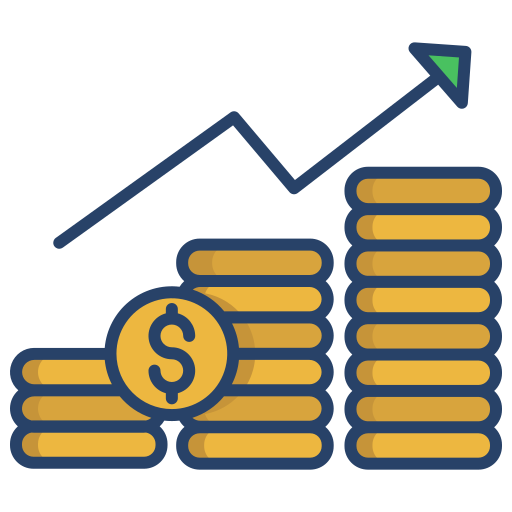
Due Diligence
Prioritize firms that are transparent about their financial health. Ensure that they segregate client funds from operational funds to mitigate this risk.

Forex Volatility
Forex markets can be exceptionally volatile. Fluctuating currency values can lead to losses as well as gains.

Mitigation
Employ robust risk management strategies, like stop-loss orders, to protect against unfavorable market movements.

Unwinding Positions
Prop firms may find it challenging to exit large positions in less liquid markets, potentially incurring substantial losses.

Asset Classes
Be aware of the asset classes you are trading in and their liquidity profiles. Illiquid markets can amplify losses.

Technical Glitches
Technological failures can disrupt trading activities, leading to financial loss.

Human Error
Mistakes in order entry, account management, or other operational processes can also result in losses.

Prevention
Opt for firms with reliable trading platforms and robust operational protocols.
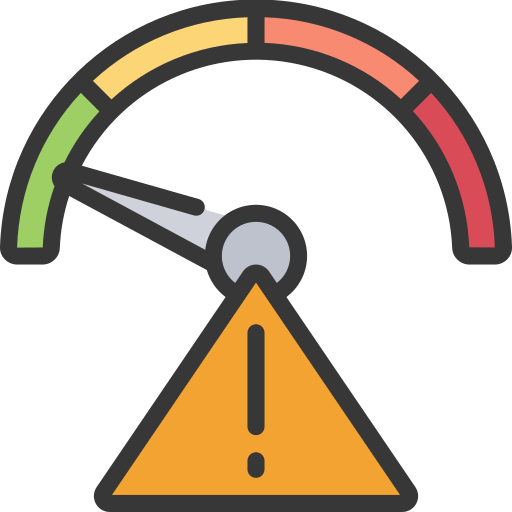
Underperformance
If traders underperform, it could lead to lower profits for both the firm and the traders.

Compensation Impact
Subpar performance may impact bonus structures and profit-sharing arrangements.

Monitoring
Regularly review and adjust your trading strategies to align with market conditions and personal performance metrics.
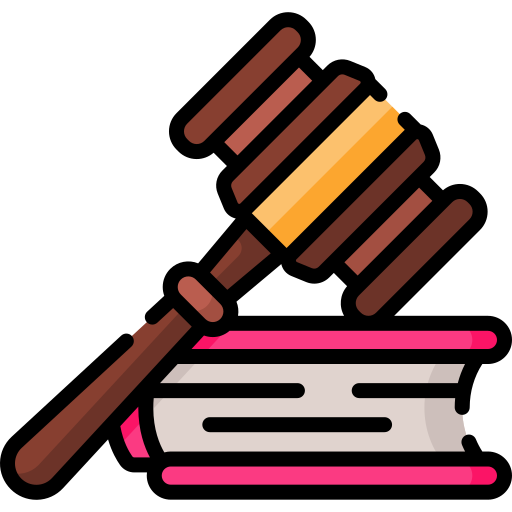
Legal Framework
Regulations governing proprietary trading can change, affecting a firm's ability to operate or impact profitability.

Compliance
Make sure the firm stays updated with and complies with current financial regulations to minimize legal risks.

Debt Liability
Some firms extend credit to traders, creating the risk of default if traders are unable to meet profit targets.

Credit Terms
Understand the terms under which credit is provided and what happens in cases of non-payment or losses.
It’s crucial to thoroughly research and understand the risks involved with proprietary trading firms before committing any capital. Take precautionary steps such as diversifying assets and employing risk management tools. Regularly review the performance of both the firm and your trading strategies to make informed decisions. A nuanced understanding of these risks can aid in making the right choices, thereby enabling a successful and rewarding trading experience.
Retail Trading Vs Prop Trading
The financial markets offer various pathways for traders, with retail trading and proprietary trading (prop trading) being two prominent avenues. Both have unique features that can serve different types of traders based on their goals, risk tolerance, and expertise. Let’s delve into the key differentiators:
Capital Allocation
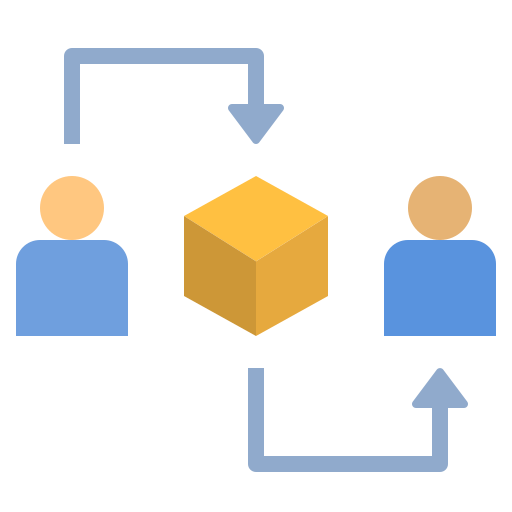
Retail Trading
Here, you're trading with your own money, meaning you have full control over your capital but also carry all the risks.

Prop Trading
In contrast, prop trading firms provide traders with capital to trade, mitigating personal financial risks but also requiring adherence to firm guidelines.
Risk Management
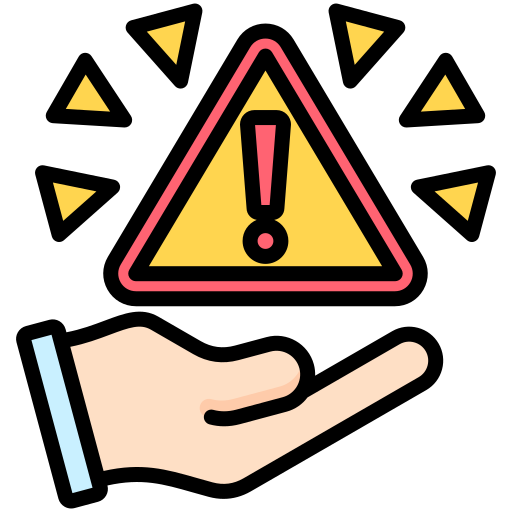
Retail Trading
You're entirely responsible for your own risk management, which includes setting stop-loss orders and deciding trade size.

Prop Trading
These firms often have sophisticated risk management tools and guidelines, potentially increasing the safety net around the trading activities.
Trading Style
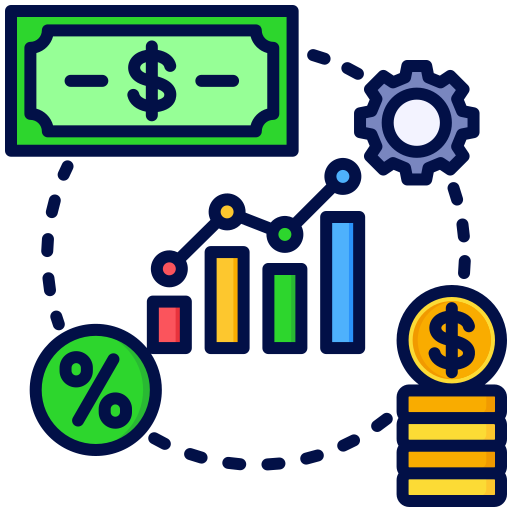
Retail Trading
Retail traders have the freedom to choose from various trading styles — from day trading to swing trading and long-term investing.
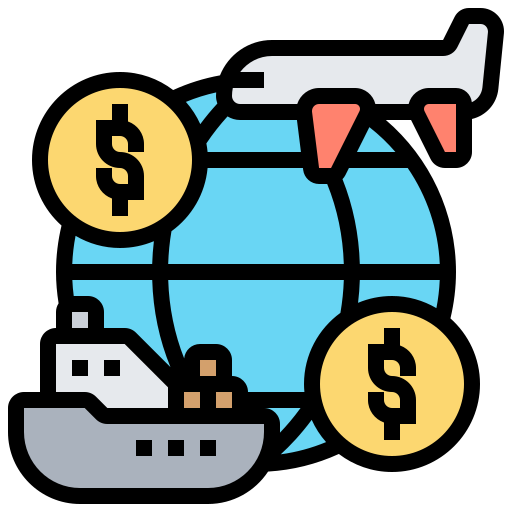
Prop Trading
Prop traders usually specialize in high-frequency, short-term trades, often in line with the firm's trading philosophy.
Training and Support

Retail Trading
Retail traders often rely on self-learning, online courses, or community advice, receiving limited formal training and support.

Prop Trading
Many prop firms offer robust training programs, mentorship, and ongoing support, giving traders an edge in market analysis and decision-making.
Profit Sharing

Retail Trading
You keep 100% of the profits you generate, which can be a significant advantage if your trades are profitable.
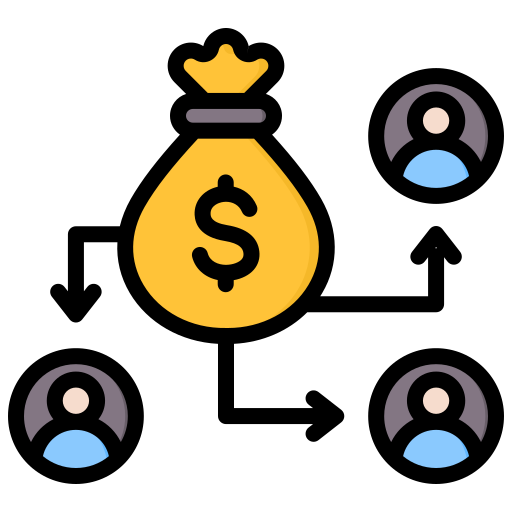
Prop Trading
Profits are usually shared between the trader and the firm, often on a predetermined percentage basis.
Regulatory Landscape

Retail Trading
Retail traders are generally subject to fewer regulations, allowing more flexibility in trading strategies and operations.
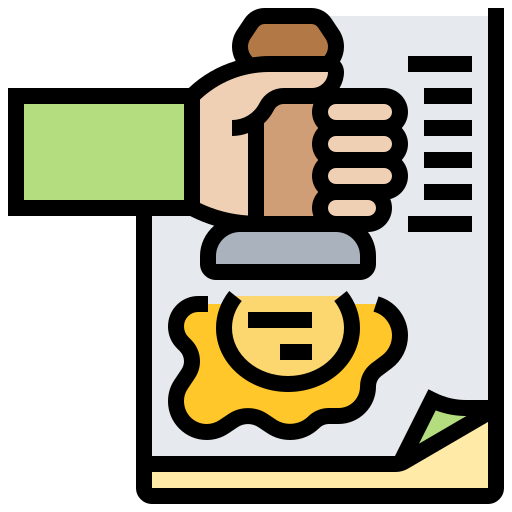
Prop Trading
Because you're using the firm's capital, you'll likely face stricter oversight, both internally and from financial regulatory bodies.
Both retail and prop trading offer unique benefits and drawbacks tailored to different trader profiles. Retail trading provides greater independence and profit retention but requires self-management of risk and education. Prop trading offers more support and resources but demands conformity to firm policies and profit-sharing. Understanding these aspects can guide traders in choosing the pathway that aligns best with their personal objectives, risk tolerance, and market outlook.
Is It Worth Joining A Proprietary Trading Firm?
Determining whether it’s worth joining a proprietary trading firm involves a multi-faceted evaluation of both the firm’s offerings and your personal aspirations, skills, and resources. Let’s break down the factors that can influence this decision:
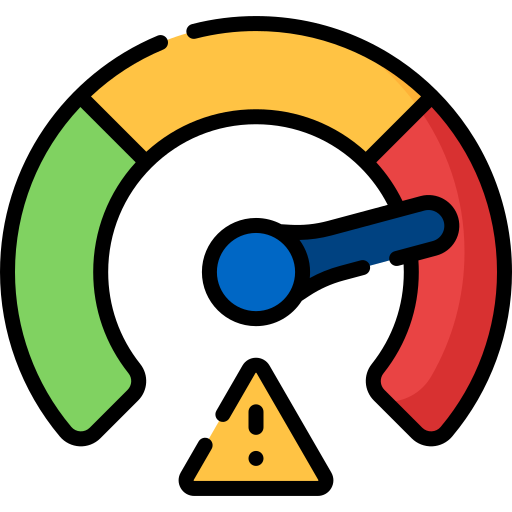
Proprietary trading can offer high returns but also carries significant risk.
Consider your own risk tolerance and how it matches with the risk management guidelines of the firm.

Income Goals
If your aim is to supplement your existing income, evaluate whether the firm's trading style and profit-sharing scheme align with this goal.

Skill Level
If you've already established a consistent track record of profitable trades, a prop firm could be a logical next step.

Career Aspirations
f you're looking to make trading a long-term career, joining a prop firm can offer valuable experience, mentorship, and resources.

Some prop firms require traders to put up their own capital.
Evaluate your financial readiness to meet the firm's initial and ongoing capital requirements.

It's critical to align with the firm's trading platforms, cultural ethos, and overall trading philosophy.
Make sure to test out their trading software and assess how well you adapt to their trading style.
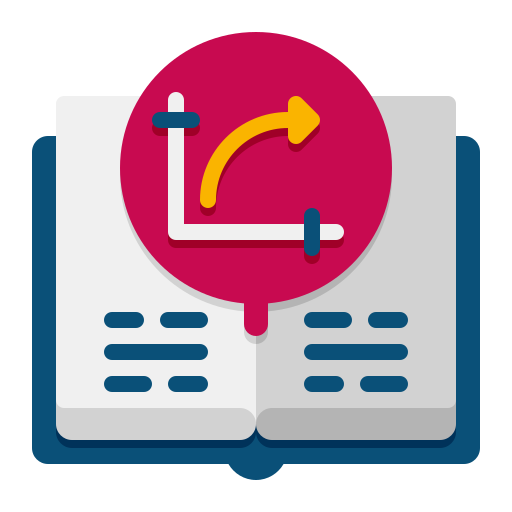
Learning Curve
Less experienced traders should consider whether the firm offers adequate training and support to help you become profitable.

Track Record
Consider the firm's historical performance and the success stories of its traders.

Reputation
Make a thorough assessment of the firm's reputation in the industry.

Transparency
Look for firms that are transparent about their fee structure, profit-sharing, and performance metrics.
Joining a proprietary trading firm is a decision that should be tailored to your individual needs, circumstances, and long-term objectives. If you’re committed to a career in trading, have a high risk tolerance, possess proven trading skills, and find a firm that aligns well with your goals, then a prop firm can offer a rewarding professional journey. However, it’s crucial to carry out rigorous research to ensure that the firm meets your standards for reputation, transparency, and support.
Pros and Cons of Prop Trading
When contemplating a career in trading, many people find themselves weighing the pros and cons of prop trading. Proprietary trading, in which traders use a firm’s capital to trade financial markets, offers a unique set of opportunities and challenges. Here is a balanced view to help you decide if prop trading is the right path for you.
Pros
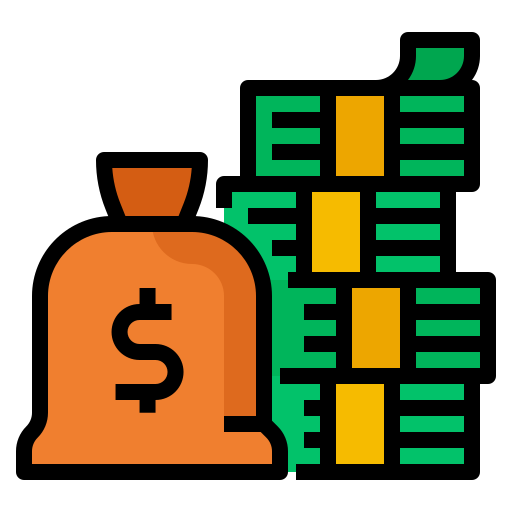
Access to Capital
One of the most significant advantages of prop trading is that traders have access to considerably more capital than they would if trading on their own. This enables them to take larger positions and potentially earn higher profits.
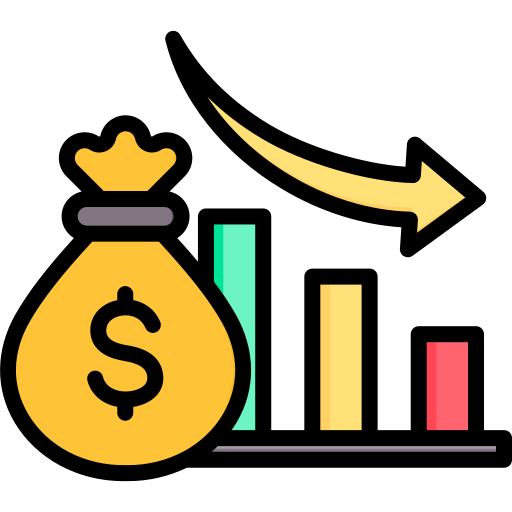
Reduced Costs
Since the trading firm usually absorbs most of the trading costs, traders often enjoy better trading conditions, such as reduced spreads and commissions.

Cutting-Edge Technology
Proprietary trading firms usually have access to advanced trading platforms, real-time market data, and analytical tools that a retail trader might not be able to afford.

Training and Mentorship
Many prop firms offer structured training programs and mentorship to help traders develop their skills. This can be invaluable for beginners and even experienced traders looking to hone their strategies.

Team Environment
Trading can be a lonely endeavor, but prop trading often takes place in a team environment. This allows for knowledge sharing, idea generation, and emotional support, which can be beneficial for traders.

Performance-Based Compensation
The potential for high earnings is there for those who perform well. Good prop traders can make significantly more money than they would trading their own accounts.
Cons

Profit Sharing
While you do get access to more capital and resources, you usually have to share a portion of your profits with the firm. This percentage can vary and may affect your overall earnings.
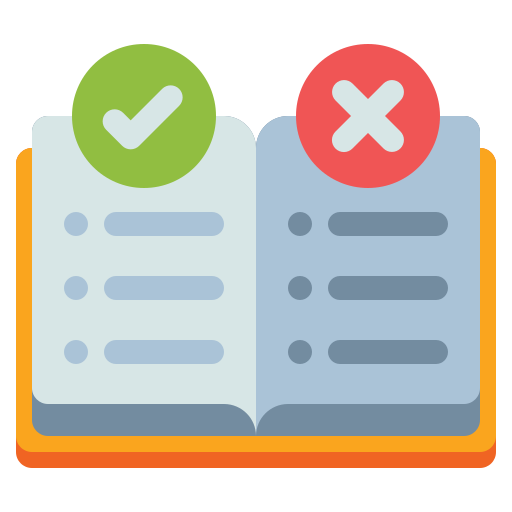
Strict Guidelines
Prop firms usually impose trading guidelines, risk management policies, and other rules that traders must follow. This can limit a trader's flexibility to implement their own strategies.
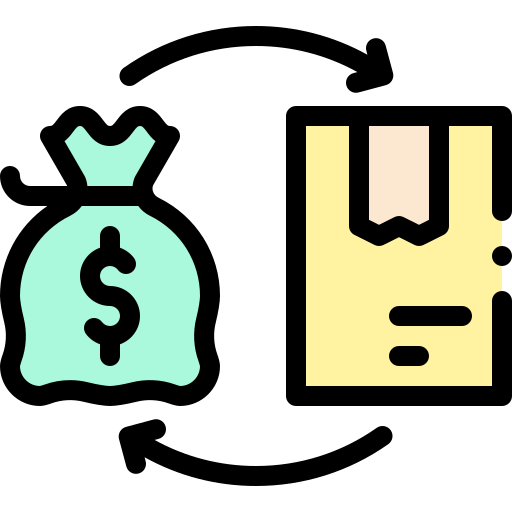
Limited Trading Styles
Proprietary trading firms may focus on specific trading styles or markets. If your preferred trading style doesn't align with the firm's focus, you may find it challenging to succeed.

Performance Pressure
The potential for high earnings is there for those who perform well. Good prop traders can make significantly more money than they would trading their own accounts.

Lack of Ownership
:You're trading with the firm's money, so you don't have the same sense of ownership as you would with your own capital. This can psychologically affect how you approach trading.

Regulatory Risks
Working for a prop firm may expose you to stringent regulations. Non-compliance, even if inadvertent, could result in penalties or the termination of your trading rights.
In summary, prop trading offers a range of opportunities for traders, from access to capital and technology to a potentially high-income potential. However, it also comes with its own set of challenges, like performance pressure and limitations on trading flexibility. Weighing these pros and cons carefully will help you make an informed decision about whether a career in prop trading is right for you.
Common Myths and Misconceptions About Proprietary Trading Firms

Reality
Prop trading is not a guaranteed pathway to quick riches. It requires skill, strategy, and an in-depth understanding of the markets. Even with these qualities, traders still risk losing money. Success in prop trading often involves long hours and a steep learning curve.

Reality
While experience can certainly help, many prop firms offer extensive training programs for less experienced traders. The focus is often on one’s ability to learn and adapt, rather than on prior trading experience.

Reality
Profit-sharing arrangements differ from firm to firm, but traders usually keep a significant portion of the profits they generate. Moreover, the firm provides traders with the capital to trade, absorbing many of the risks and costs, which justifies its share of the profits.

Reality
Unlike gambling, successful trading involves skill, strategy, and risk management. Most prop firms require their traders to adhere to strict risk management guidelines to minimize losses, something that’s not typically associated with gambling.

Reality
While algorithmic trading has gained prominence, there’s still a significant role for human traders. Many situations require human judgment that algorithms can’t replicate, such as understanding the implications of geopolitical events on the markets.

Reality
While trading can be stressful due to its fast-paced and high-stakes nature, many traders thrive in this environment. Additionally, prop firms often provide a range of resources, from training programs to psychologists, to help manage stress.

Reality
While a background in finance can be beneficial, it’s not a strict requirement. Many successful prop traders come from diverse educational backgrounds and have degrees in fields like engineering, mathematics, or computer science.

Misconception
Some people think that investing in a managed account will automatically make them forex experts.

Reality
Reputable prop trading firms are regulated by financial authorities and must adhere to stringent compliance standards. Traders are also often required to pass specific exams to become licensed to trade.

Reality
While the landscape is evolving due to technological advancements and regulatory changes, prop trading remains a viable and often profitable industry for those who can adapt to its challenges.
By understanding and demystifying these common misconceptions, potential investors can make more informed decisions about whether forex managed accounts are suitable for their financial goals and risk tolerance.
FAQs (Frequently Asked Questions)
1. What Is a Proprietary Trading Firm?
A proprietary trading firm uses its own capital to trade financial markets, such as equities, commodities, and currencies. These firms employ traders who execute trades with the aim of generating profits for the firm.
2. How Do I Get Started with a Prop Trading Firm?
Typically, you’ll go through an application and interview process. Once selected, you’ll often undergo a training program and perhaps a trial period where your trading skills are assessed. After successfully completing these stages, you can start trading with the firm’s capital.
3. Do I Need to Invest My Own Money?
No, you usually don’t need to invest your own money when you trade for a prop firm. You are trading with the firm’s capital. However, some firms may require a security deposit or a fee for the training they provide.
4. How Much Can I Expect to Make?
Income varies widely and depends on several factors, including your skill level, the firm’s compensation structure, and market conditions. Some firms pay a base salary in addition to profit-sharing, while others may offer a pure profit-sharing model.
5. Is Prop Trading Risky?
Yes, trading in general carries risks, including the potential for significant financial losses. However, most prop firms have strict risk management protocols to minimize losses.
6. Do Prop Firms Provide Training?
Many prop firms offer extensive training programs that cover trading strategies, market analysis, and risk management. Some also provide ongoing mentorship and support.
7. Can I Trade Part-Time?
Some prop firms offer part-time positions, but full-time positions are more common. Trading is often best approached with a full-time commitment due to the complexities and volatile nature of the markets.
8. What Types of Markets Can I Trade In?
Prop traders can operate in a variety of financial markets, depending on the firm’s focus. This can include equities, commodities, currencies, and derivatives markets.
9. Do I Need a Special License to Be a Prop Trader?
In some jurisdictions, you may need to pass certain regulatory exams to trade professionally. These requirements vary depending on the location and the assets you will be trading.
10. How Do I Choose a Prop Firm?
When choosing a prop firm, consider factors like the firm’s reputation, profit-sharing model, training programs, and whether their trading style aligns with yours. Thorough research and due diligence are crucial in making an informed decision.
11. Can I Work Remotely?
Some prop firms offer remote trading options, especially in the wake of technological advancements and the rise of remote work. However, this varies by firm.
12. Are Prop Trading Firms Regulated?
Reputable prop trading firms are usually regulated by financial authorities. Always check the regulatory status of a firm before entering into any arrangements.
By addressing these frequently asked questions, we hope to provide clarity for those considering a career in proprietary trading.
